New Rider: What Is The Friction Zone?

Just the cornerstone of all clutch use
Riders entering the ranks of motorcyclists often face a bewildering cascade of unique terms – and that’s before we consider the alphabet soup of motorcycle names. Perhaps no motorcycling descriptor confuses neophytes more than “friction zone.” However, new riders will never be able to smoothly pull away from a stop without a proper understanding of what the friction zone represents and how to use it correctly.
Let’s consider the clutch and its relationship to the clutch lever. When the lever is all the way out, the clutch is fully engaged, and all of the engine’s power is transferred to its drive system, be it a belt, a chain, or a drive shaft. When the clutch is pulled all the way in, none of the engine’s power is transferred to the drive system. Simple, right? Well, a clutch is not a light switch that is either on or off.
When the clutch lever is slowly released, at some point the clutch will start delivering a portion of the engine’s power to the rear wheel. This is the engagement point. The friction zone is the section of the lever’s travel between the engagement point and the point where the clutch is delivering all the engine’s power to the rear wheel. Throughout the entire friction zone, the clutch is both slipping and giving power to the rear wheel. Controlling this slippage is how a rider starts a motorcycle from a standstill smoothly – later it will be a key element in seamless downshifts.
As an exercise in learning where the friction zone is on your motorcycle, stand flat-footed astride your bike with it in first gear and the clutch lever pulled in completely. Without adjusting the throttle, slowly release the lever until the bike begins to creep forward at idle speed. Pull the clutch back in to stop. Now, rock back on your heels and use the friction zone to move the bike forward until you’re flat-footed again. Do this a few times until you’re confident of where the friction zone begins. Next, instead of rocking back and forth, use the friction zone to walk your bike around a parking lot. Increase and decrease your speed with the clutch only. Leave the throttle alone. If you begin to go too fast, pull the clutch all the way in to cut the power to the rear wheel.
For riders who think they’re too advanced to benefit from this exercise, consider this: Every MO staffer does an abbreviated version of this little clutch lever test whenever they get on a new motorcycle because every engine’s friction zone is in a different place in the lever’s travel, and we want to be able to pull away and shift smoothly.
Master the use of the friction zone, and you’ve begun your journey down the path to being a true motorcyclist and not just a rider.

Like most of the best happenings in his life, Evans stumbled into his motojournalism career. While on his way to a planned life in academia, he applied for a job at a motorcycle magazine, thinking he’d get the opportunity to write some freelance articles. Instead, he was offered a full-time job in which he discovered he could actually get paid to ride other people’s motorcycles – and he’s never looked back. Over the 25 years he’s been in the motorcycle industry, Evans has written two books, 101 Sportbike Performance Projects and How to Modify Your Metric Cruiser, and has ridden just about every production motorcycle manufactured. Evans has a deep love of motorcycles and believes they are a force for good in the world.
More by Evans Brasfield



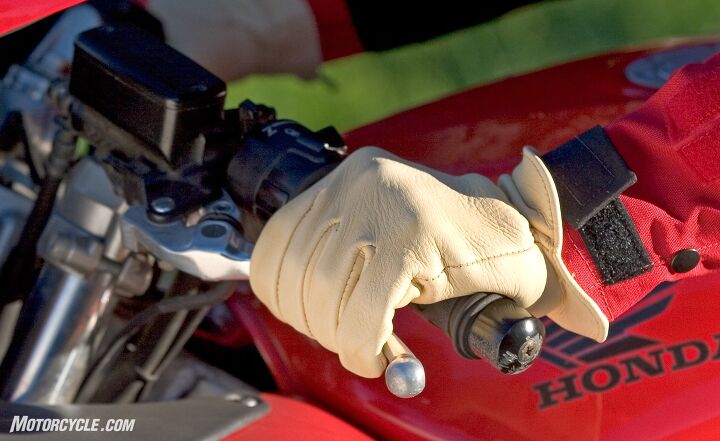
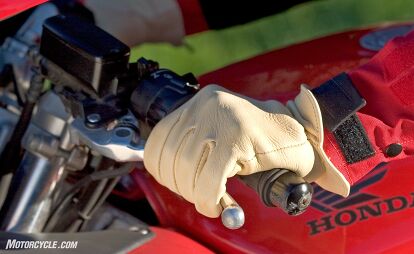





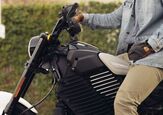
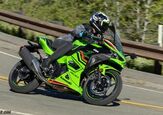
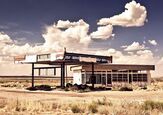
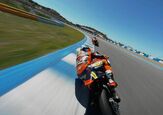
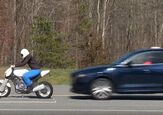
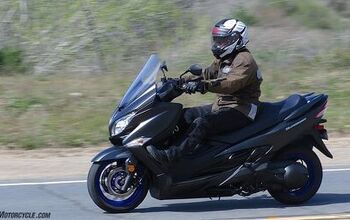
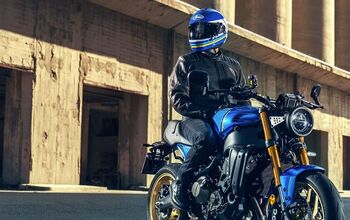
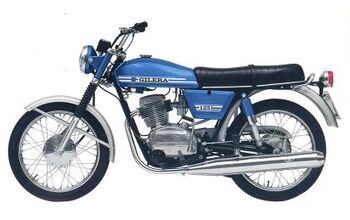

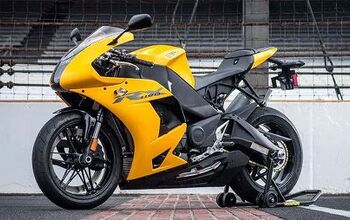
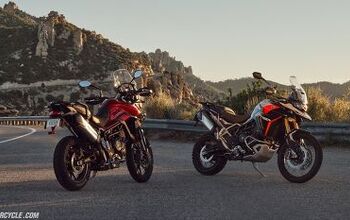
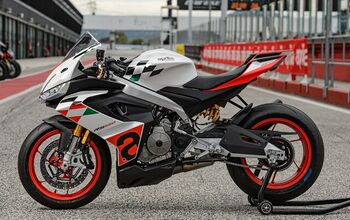
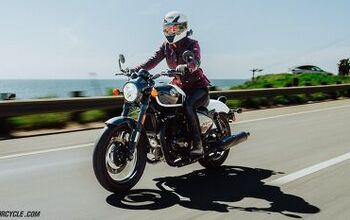
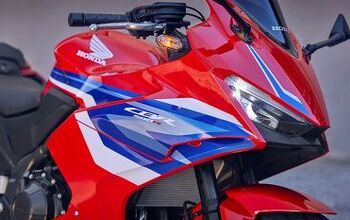
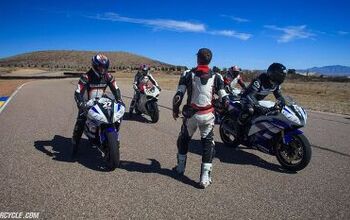
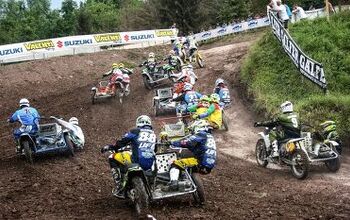
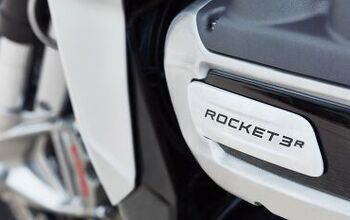
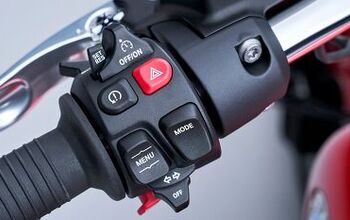
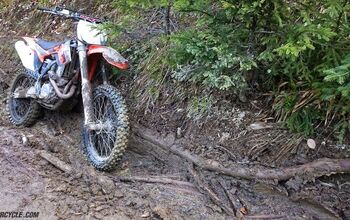
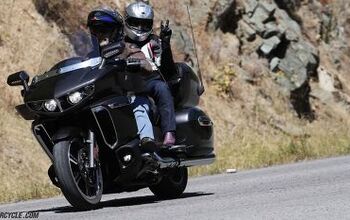
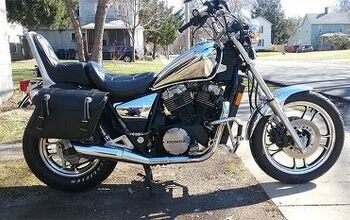

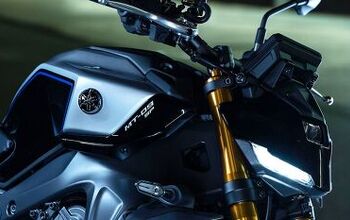
Comments
Join the conversation
After years of marriage I may print this out and give it to the wife in hopes of her finding the "friction zone" a bit more frequently....
A combination that makes this very touchy is a bike with both a hydraulic clutch & a driveshaft.....that is if you're interested in seamless shifts/downshifts. Throttle & clutch application have to be spot on or you have lurch...takes considerable practice.